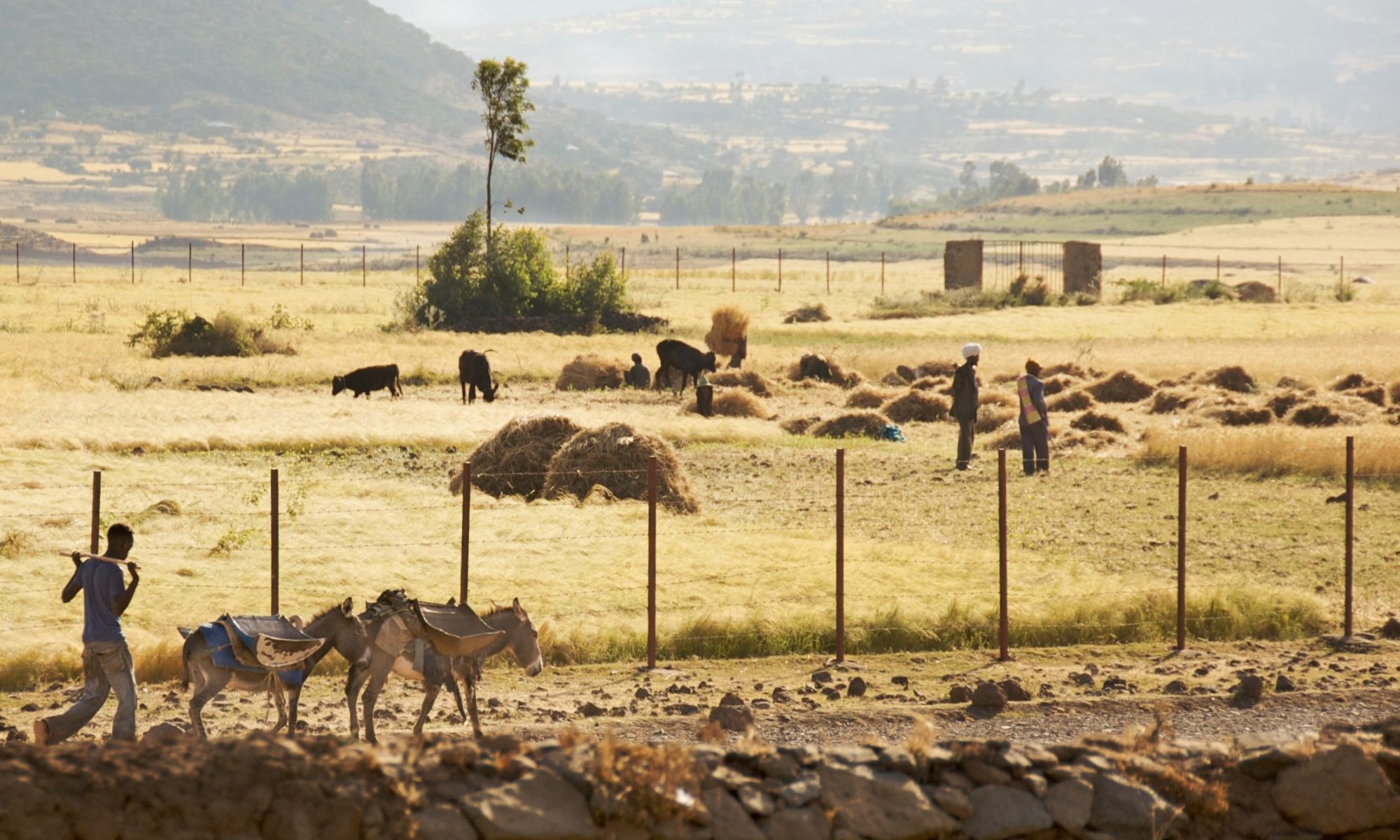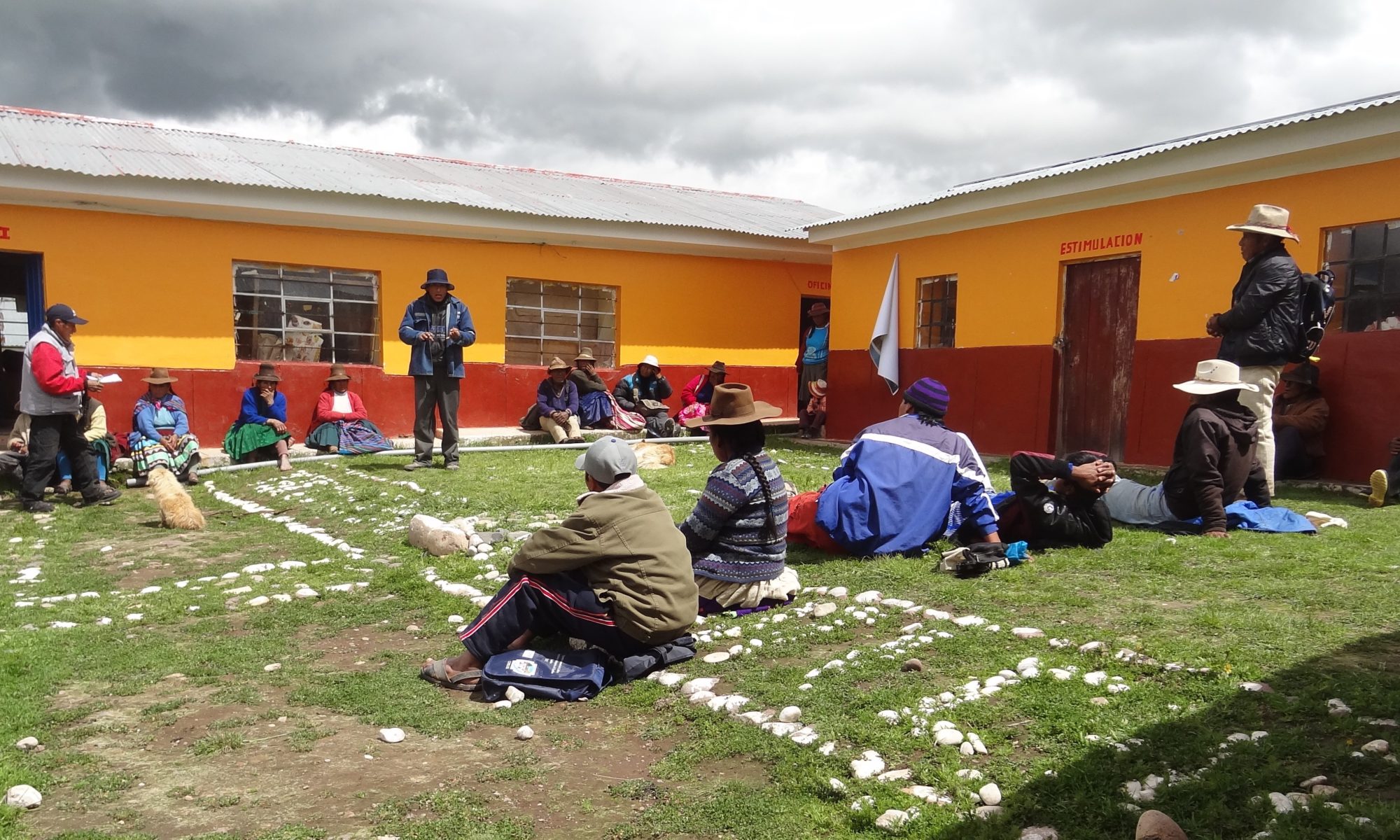By Elise Remling
Societies—particularly the poorest—are not ready to deal with the worsening impacts of climate change, and the deficit is growing, according to the latest report from the IPCC. We urgently need to step up investment in climate adaptation interventions, which aim to adjust social systems and structures to reduce their vulnerability to climate change.
However, in doing so we also need to recognize that interventions that make one community or area more resilient can make others even more vulnerable and insecure, and in some cases increase the risks of conflict. Researchers still often neglect such ‘maladaptive’ outcomes; practitioners even more so. How can organizations working on adaptation in fragile and conflict-affected situations make sure their interventions not only do no harm, but even contribute to peace?
Continue reading “Five rules for climate adaptation in fragile and conflict-affected situations”


